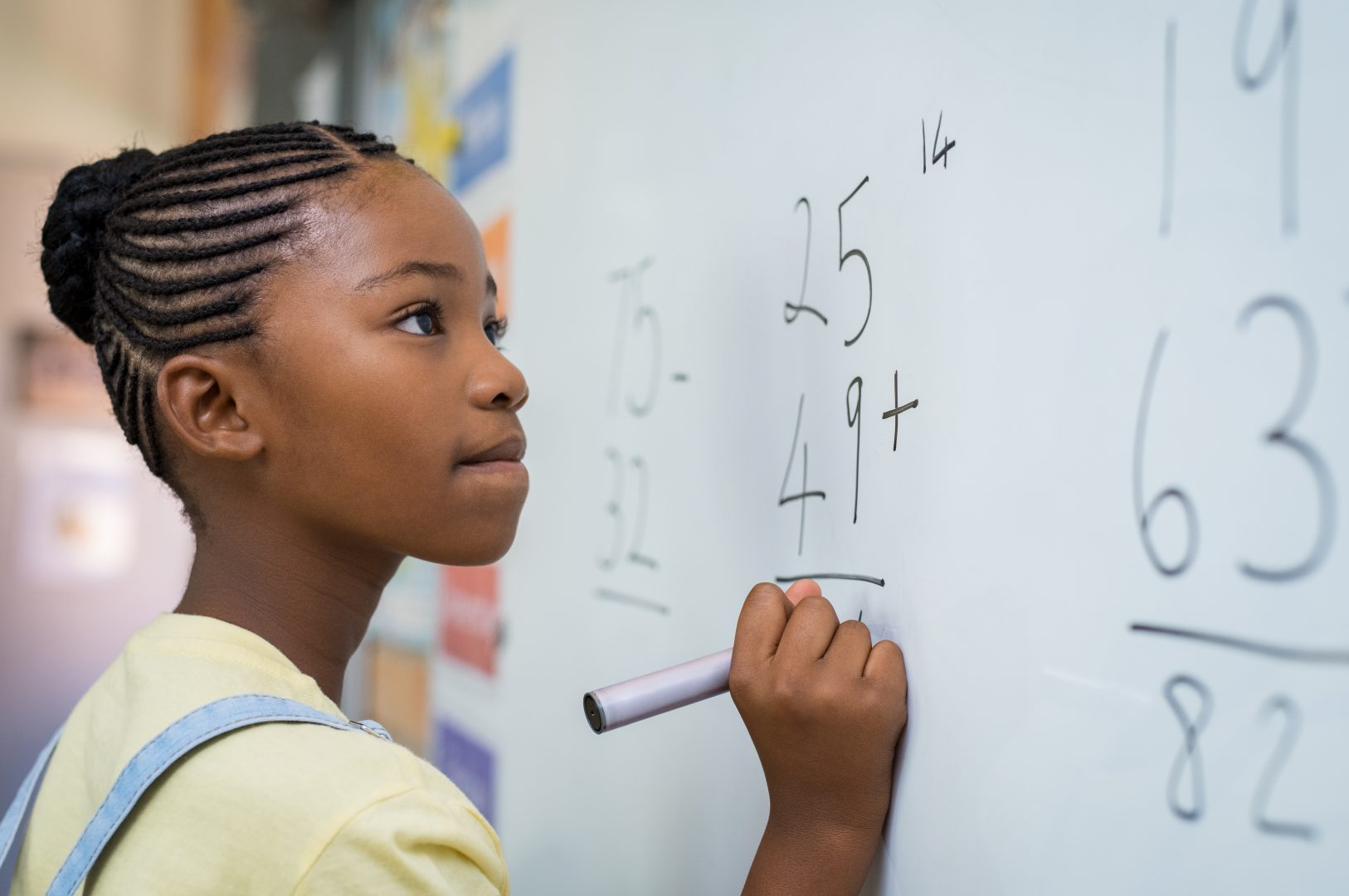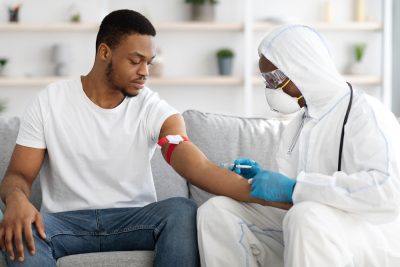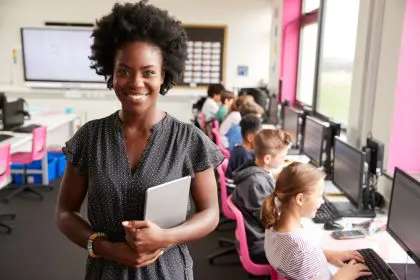
Prior to the COVID-19 pandemic, Black kids across the nation were not truly benefiting from participation in government public schools.
In Baltimore, an analysis in 2017 of testing data of city schools found one-third of high schools in 2016 had zero students proficient in math. A recent report revealed that one student attending Baltimore Public High School just passed three classes in four years, resulting in a rank near the top half of his class with a 0.13 GPA.
In California, statewide huge achievement gaps between Black and White students persevere in all subjects including an astonishing 41-point and 38-point difference in 8th-grade math and reading. In San Francisco for example, 19 percent of Black students passed the state test in reading, compared to 31 percent of Black students statewide. In fact, approximately 68 percent of all African American students in California are performing below their grade level in English and language arts and about 80 percent of Black students fail to meet the state’s proficiency mark.
In Atlanta, the public school system is still recovering from a massive cheating and test-taking scandal that resulted in the conviction of 11 educators for racketeering.
With the onset of massive school closings, mostly in large urban areas, many Black students will suffer the most from these decisions. Although last summer the CDC recommended that in-person school be implemented, many in the seats of policy ignored their suggestion. A recent report by the Northwest Evaluation Association (NWEA) administering tests to more than 4.4 million U.S. students in grades three through eight this past fall, found that most scored an average of five to 10 percentile points behind students who took the same test last year under pandemic conditions. Not to mention, across the nation, major cities and many school districts across the country are reporting significant declines in enrollment. Most of these students are the most susceptible to not having in-person classroom instruction (homeless or children with disabilities for example).
Another factor is the decision many Black parents make, given that COVID disproportionally impacts Blacks more than Whites, to keep their kids at home knowing that remote learning may cause some students to fall behind.
According to a recent survey conducted in New Jersey, Black parents were more than two times as likely to keep learning remotely when compared to Whites. The main reason is that school districts with large Black populations remain closed, compared to other ethnic-racial areas in the state.
Read more on the next page.














